Guarantees or assurances: what agreements does Ukraine sign with its partners?
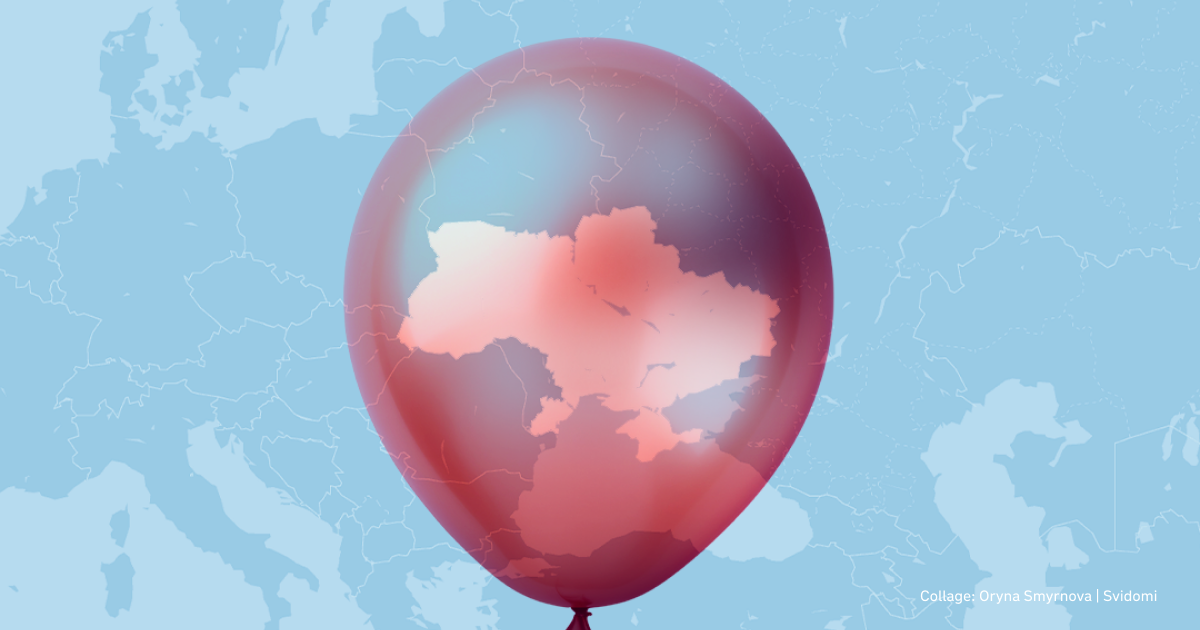
Since January 2024, Ukraine has signed bilateral agreements with its Western allies on security assurances. These agreements continue the agreement signed by Volodymyr Zelenskyy with the G7 countries in Vilnius in July 2023.
So far, Ukraine has signed nine such agreements with the UK, Germany, France, Denmark, Canada, Italy, the Netherlands, Finland and Lithuania. Zelenskyy recently announced an agreement with the United States.
For the Ukrainian media, signing these agreements is big news, while the foreign media are more reserved. The reason is that the Ukrainian presidential administration presents these agreements as 'security guarantees', while Western leaders talk only about assurances for Ukraine and military aid.
Read this article to find out what these agreements mean, whether they will replace Ukraine's NATO membership, and what to expect from the agreement with the US.
What preceded the treaties?
In July 2023, the NATO Summit was held in Vilnius. On the eve of the Summit, the President's Office and the Ministry of Foreign Affairs expected Ukraine to receive an invitation to join the Alliance. A long diplomatic process had preceded this: first, the presidents of nine Central and Eastern European countries (the Czech Republic, Estonia, Latvia, Lithuania, North Macedonia, Montenegro, Poland, Romania and Slovakia) supported Ukraine's accession, followed by Canada and Türkiye. Ukraine expected to join NATO under a fast-track procedure, as Finland and Sweden had done after Russia's full-scale invasion of Ukraine.
At the time, NATO Secretary General Jens Stoltenberg said that Ukraine's accession to NATO depended on the agreement of all Allies. However, on the eve of the Vilnius summit, US President Joe Biden said that Ukraine was not yet ready for membership of the Alliance and that the war with Russia should end before Kyiv could be invited to join NATO. According to Biden, there was no unanimity in the Alliance on whether to invite Ukraine to join NATO during the war. Accordingly, an invitation was out of the question in Vilnius.
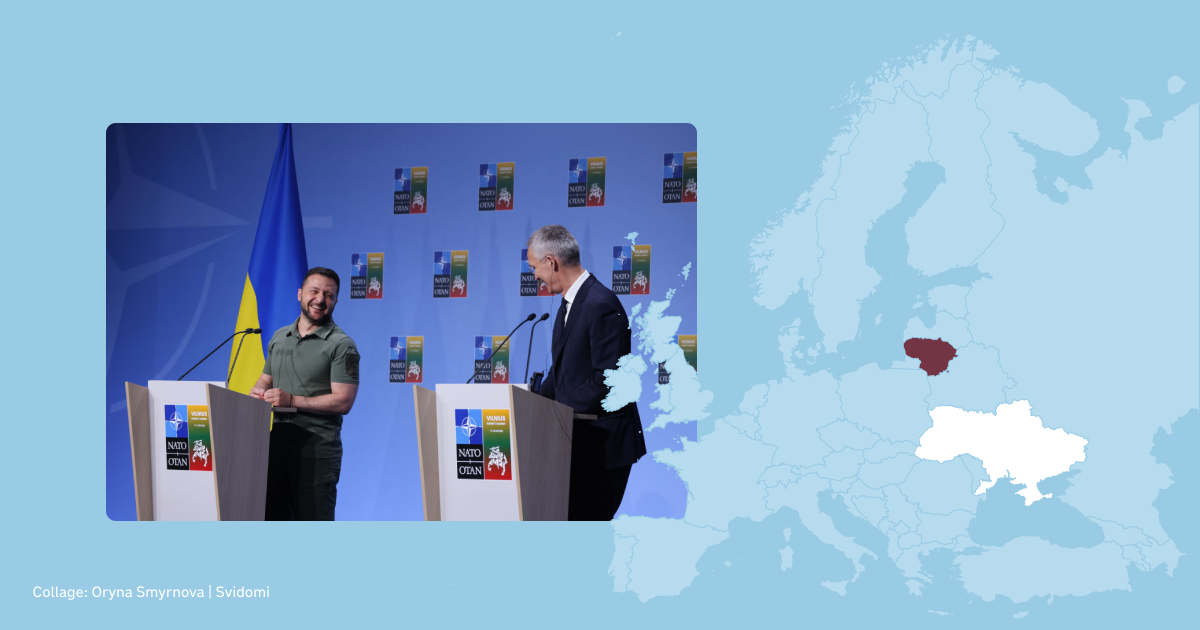
Agreement instead of invitation
On July 12, in the margins of the Vilnius Summit, Ukraine and the G7 leaders agreed on a Joint Declaration of Support for Ukraine. This is a general framework document. The agreements that Ukraine is now concluding are the next step in obtaining security assurances.
The framework agreement contains several key provisions:
- Measures to help Ukraine defend itself and prevent new aggression, including arms supplies, support for the development of the defence industry, training, intelligence and cyber security cooperation, enhancing the stability of Ukraine's economy and energy sector, and technical and financial assistance.
- Contingency measures in the event of renewed aggression, including immediate consultations to provide Ukraine with everything it needs to defend itself as soon as possible.
- Support for holding Russia accountable for its aggression and economic and legal steps to punish Russia, as well as further strengthening sanctions pressure, freezing assets, creating mechanisms for collecting reparations and prosecuting those responsible for crimes against Ukraine.
At the time, the President's Office called the agreement "a victory for Ukraine on its way to NATO".
Progress on Alliance membership
Even though Ukraine has not received an invitation to join NATO, the Alliance has taken several important decisions regarding Ukraine's accession.
The first is cancelling the NATO Membership Action Plan (MAP). Although Allied leaders announced as early as June 2021 that Ukraine would gain membership through the MAP.
The second is the creation of a NATO-Ukraine Council, not just a Council.

"There is nothing in the Council itself. But there is an important detail: before that, for example, there was the NATO-Russia Council. And it was a format of privileged partnership. And we insisted that the rules of procedure of the NATO-Ukraine Council clearly state that it is a tool for bringing Ukraine's membership closer," commented Dmytro Kuleba, Minister of Foreign Affairs of Ukraine.
At the same time, he stressed that Ukraine was "upset" by the "too general wording of the invitation".
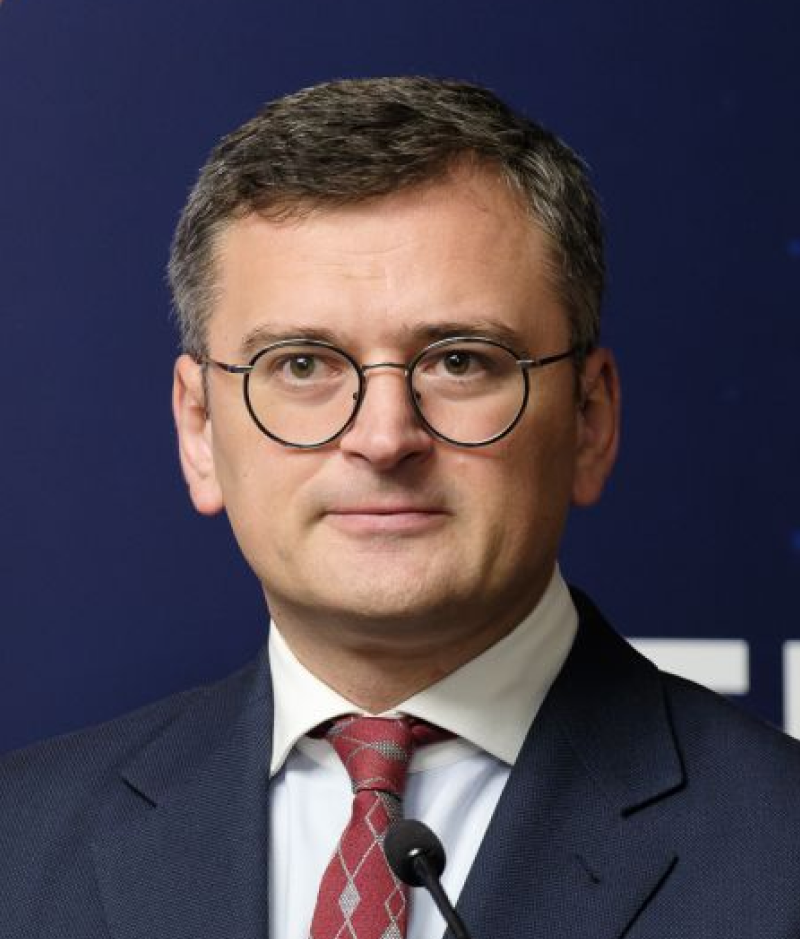
"We are glad that there is a willingness to consider the invitation. But we are upset that there is no clear indicator of when exactly Ukraine will receive an invitation to become a NATO member,"
Kuleba said.
What are the bilateral agreements about?
Oleksandr Kraiev, director of the North America Programme at the Foreign Policy Council's Ukrainian Prism, said in a commentary for Svidomi that these documents are primarily security assurances, not guarantees, as the Ukrainian government presents them.
"This is the wording that Western leaders insisted on. The final document of the Vilnius summit and the agreement with the G7 countries were signed on the condition that the word "guarantees" would not be used. We are talking about certain bilateral agreements on support for technological development, support for the development of certain industries, technology exchange and so on," he says.
An essential aspect of these agreements is that they provide for the possibility of consultations in the event of a repeat of Russian armed aggression against Ukraine.
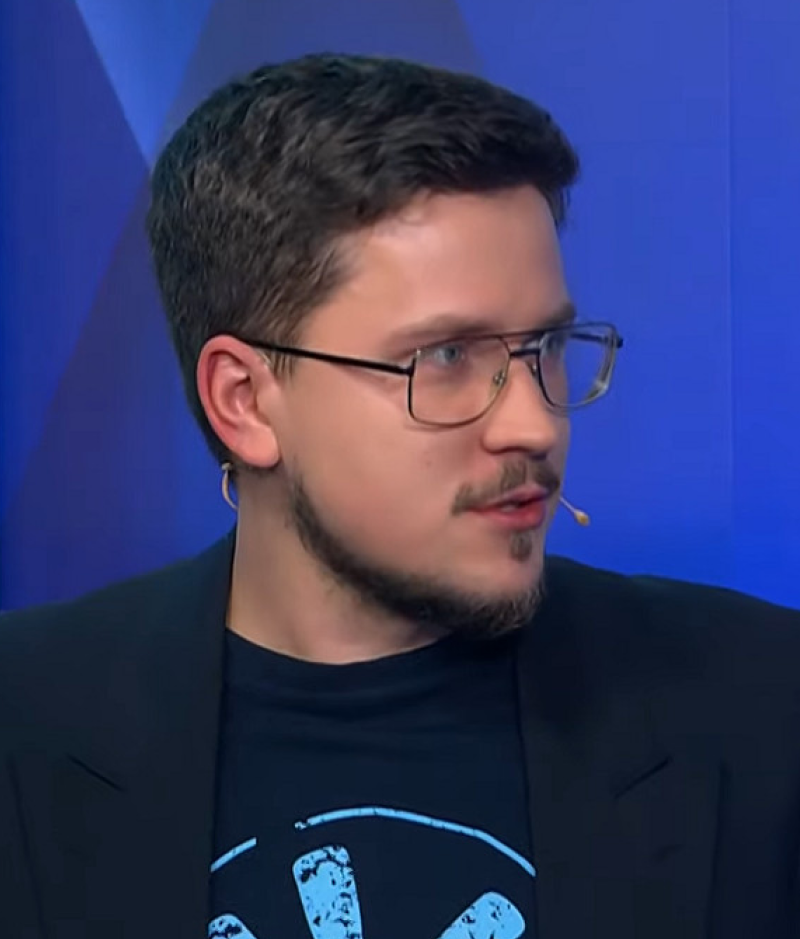
"[In the event of aggression], we start negotiations with our allies on how they can help us and what exactly we need. It is, in fact, Article 4 of the Washington Treaty (the treaty that created NATO — ed.). Another important part is that all these agreements contain a clause that Ukraine will be part of NATO. They are closing this issue for themselves; they will vote for Ukraine's accession,"
says Oleksandr Kraiev.
Treaties do not change the path to NATO
These treaties provide for assistance to Ukraine before it joins NATO. The military support the allies are providing to Ukraine now is tactical, meaning that Ukraine is being supplied with what it needs "here and now".
"These documents are five- and ten-year plans on how to revive the Ukrainian defence industry and how to support Ukrainian industry aimed at the military machine. Ukraine must be able to produce enough weapons to defend itself. At the same time, the West's support will not disappear," explains Olexander Kraiev.
However, security assurances cannot be a Plan B for Ukraine and will not cancel out its path to NATO.
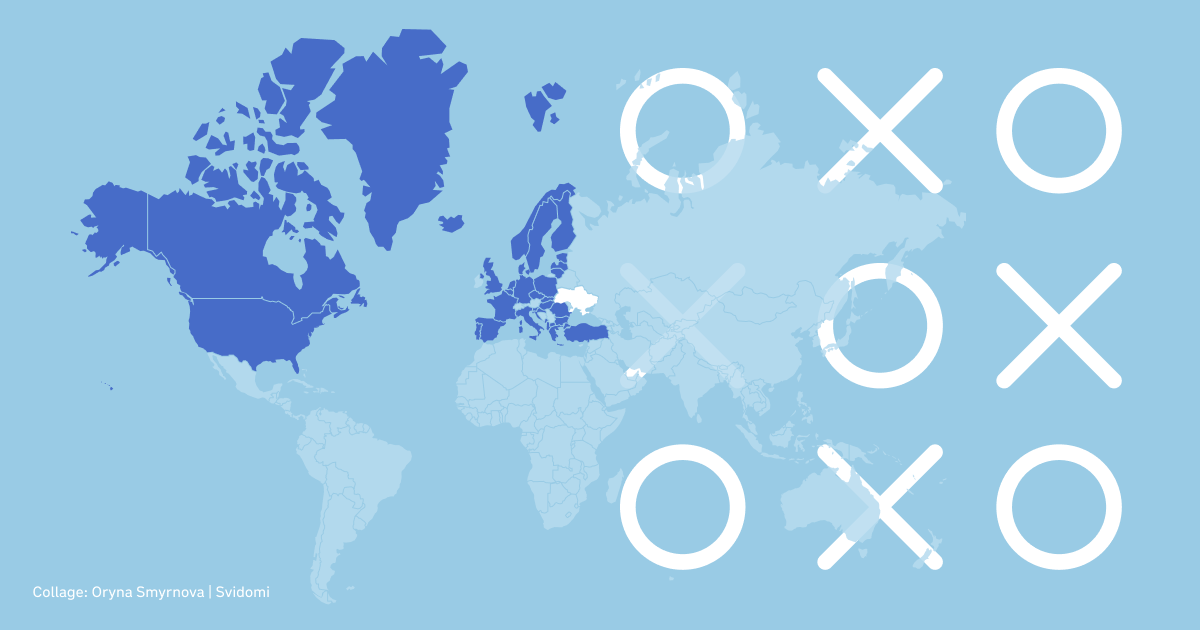
"The most important thing that NATO has and why we go there is precisely the guarantees, Article 5 (collective defence of all members of the Alliance — ed.). The second is the nuclear umbrella. So far, of the three NATO nuclear powers (the other two are France and the UK — ed.), only the United States has not signed an agreement with us," the analyst says.
The Ukrainian government presents these agreements as guarantees because spreading them in the media is easier and more profitable. Because it is easier to explain to Ukrainians what "guarantees" are than "mutual assurances of security".
"Our problem is that many people are trying to confuse these interim agreements with what we can actually get from NATO membership. What we have now is more of a developed Israeli scenario (Israel gets weapons, resources and technology, but it cannot join the North Atlantic Alliance — ed). However, these interim guarantees are not the same as those offered by Finland to Sweden. The UK and the US then clearly said that these countries would have Article 5 guarantees for the period of NATO accession, but only from the US and the UK,"
says Kraiev.
What will the agreement with the US look like?
Recently, President Volodymyr Zelenskyy announced signing an agreement with the United States. He did not disclose the details of the agreement.
However, Andrii Yermak, the head of the presidential office responsible for preparing security agreements, said that the agreement with the US should be "exemplary".
"It should take into account the real capabilities of the United States and the best elements of the security agreements already signed by Ukraine," Yermak said.
According to him, the US agreement with Ukraine should work as well as the US memorandum with Israel, "which confirmed the effectiveness of the allies' joint actions during the recent repulsion of Iran's massive attack on Israel" (On April 13, Iran launched a massive drone missile attack on Israel. The United States helped Israel repel the attack — ed).
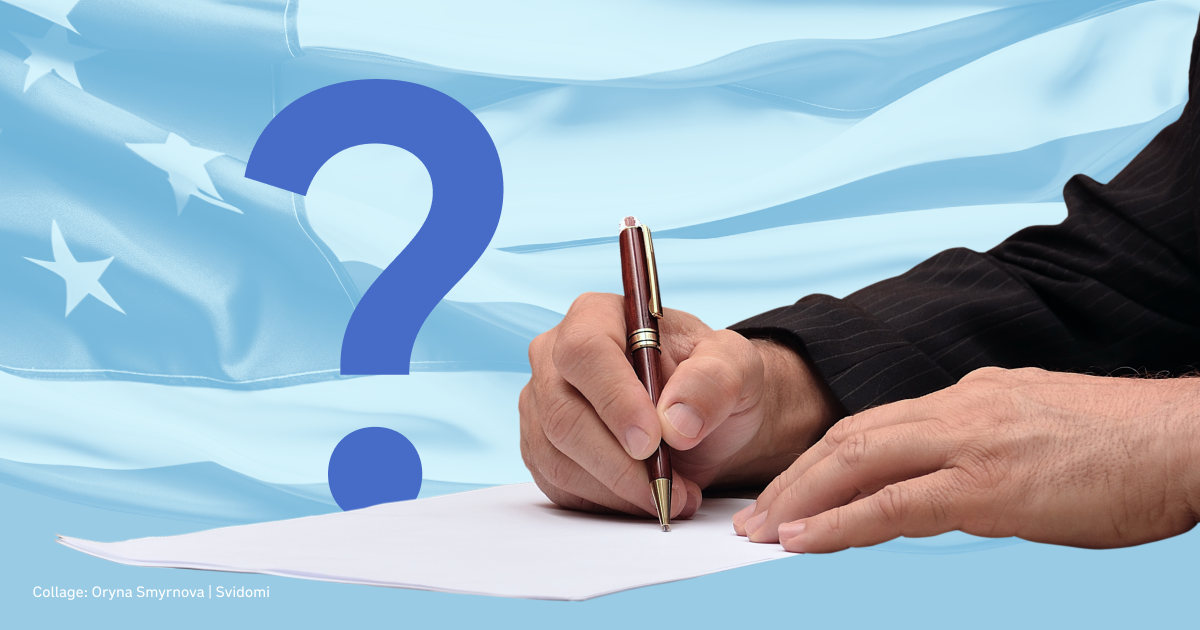
Oleksandr Kraiev suggests that Ukraine will sign an agreement with the US either at the Washington NATO summit in July or closer to the presidential elections in November. The reason for this is an internal discussion within the US presidential administration.
"According to our sources, there is an internal struggle between the so-called Sullivans, i.e. those who support the policy of controlled escalation, and those who are ready to provide more assistance to Ukraine. In this situation, it is difficult to say that Americans have a final agreement text approved by all administrative, executive, and legislative apparatus members. Without such an approved text, we cannot proceed to discuss and sign it,' he says.
The director of the North American programme at the Foreign Policy Council's Ukrainian Prism cites US Secretary of State Anthony Blinken, National Security Council spokesman John Kirby, and Secretary of Defence Lloyd Austin as those working to increase support for Ukraine.
"These three people are rallying other diplomats, executive branch officials and members of Congress around them to sign an agreement with Ukraine as soon as possible," he says.

The issue of support for Ukraine's NATO membership could become a sticking point, although the US has publicly stated that it welcomes Ukraine's accession. Therefore, the agreement with the US may include a softer wording of this clause.
"In the context of Article 4, i.e. consultations in the event of a repeat of Russian aggression, this issue is not yet being discussed in the United States, but in fact, it is one of those issues that is quite instrumental and can work positively for us. So our diplomacy will insist on it. This agreement will largely reproduce what was in previous agreements, mainly with the UK," says Kraiev.
What to expect from the Washington Summit
Ukraine will go to the Washington Summit with the clear expectation of a political invitation to join NATO.
"This is not an invitation here and now. And this is what we had, for example, with the Europeans on December 15 last year, when the negotiations began (on December 15, 2023, the European Council approved the start of negotiations on Ukraine's accession to the EU — ed.). So, it became clear that Ukraine will be in the EU; we just have to go a certain way. However, we see that the Americans and Germans are not ready [to extend such an invitation]," the expert says.
A compromise option in this matter could be the roadmap for Ukraine's accession proposed by Jens Stoltenberg. This is a concrete list of reforms that Ukraine has to implement. Once Ukraine completes the list of reforms, it will automatically become a NATO member.
"Perhaps the compromise option that Ukraine will have, which guarantees that there will be no political context and no manipulation by [Hungarian Prime Minister Viktor] Orbán and [Slovak Prime Minister Robert] Fico, will be much better for Ukraine,"
says Kraev.
Another problem is Volodymyr Zelenskyy's radical stance on security issues, damaging President Biden's image on the eve of the election by making him look "weak".
"There is enough insider information that at the last meeting between Anthony Blinken and Dmytro Kuleba in Brussels (the meeting took place on April 4 — ed.), Blinken hinted that it would be better to keep a radical position until the Washington summit. Of course, Ukraine has the right to tough rhetoric, but it must be proportionate to the circumstances, especially in a year when more than 70 elections are taking place in the world's democracies," he stressed.


